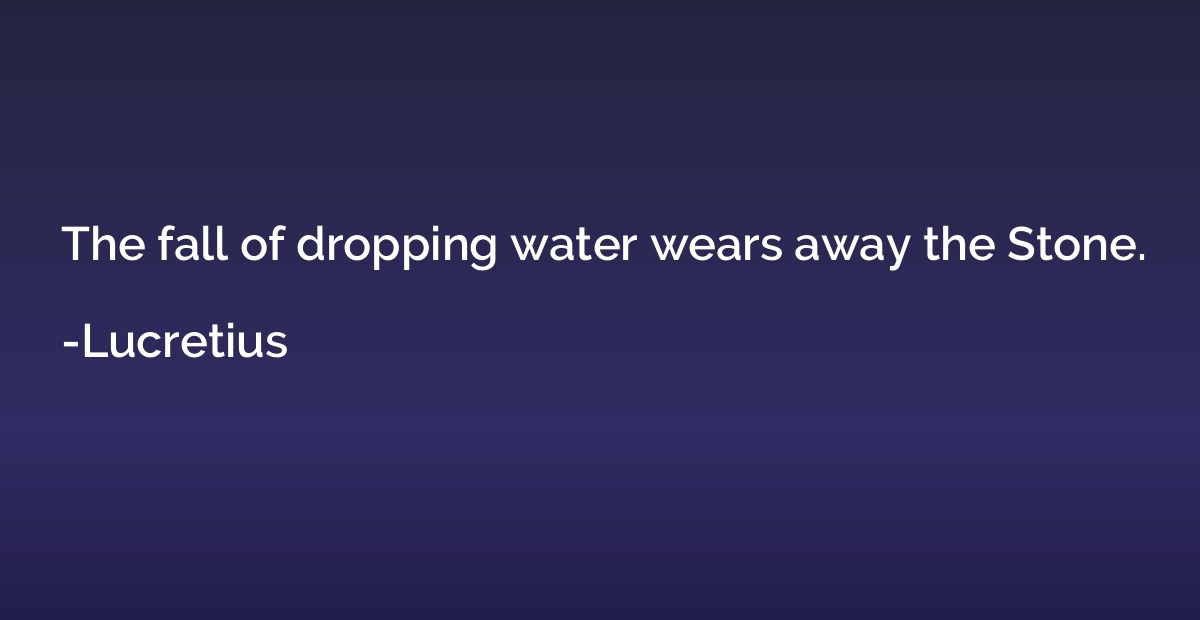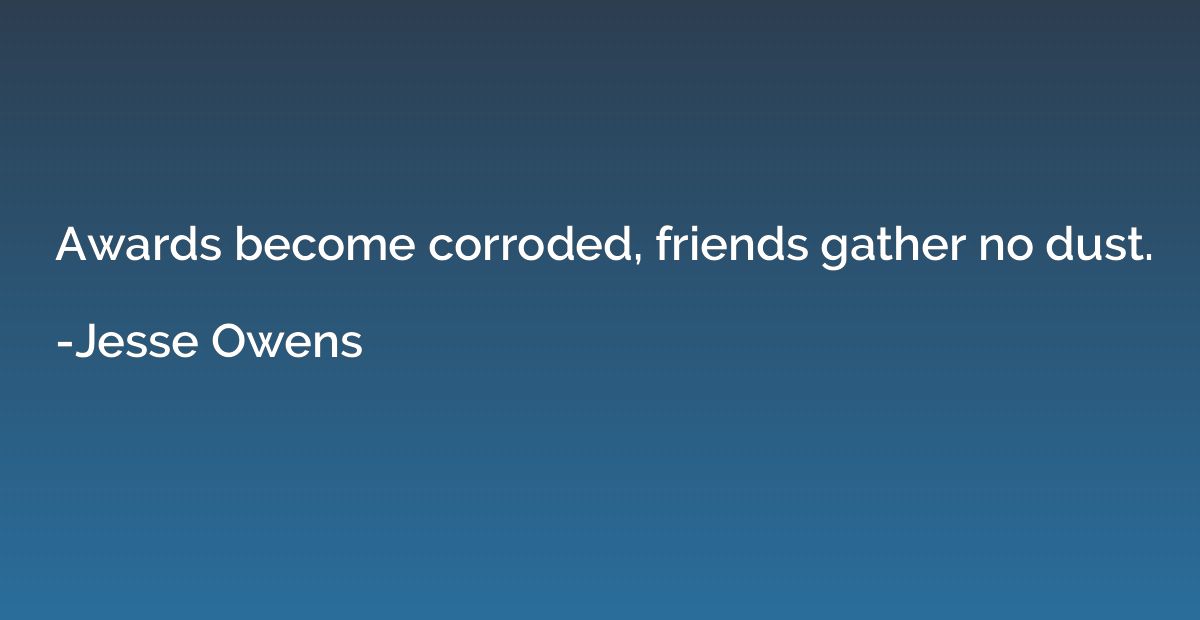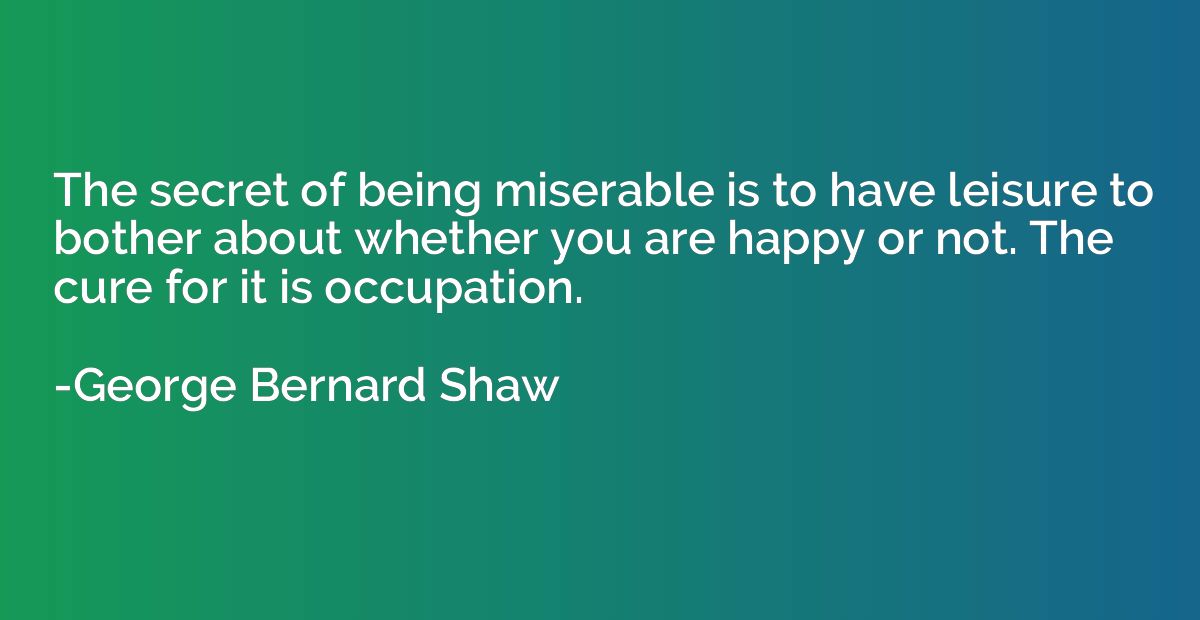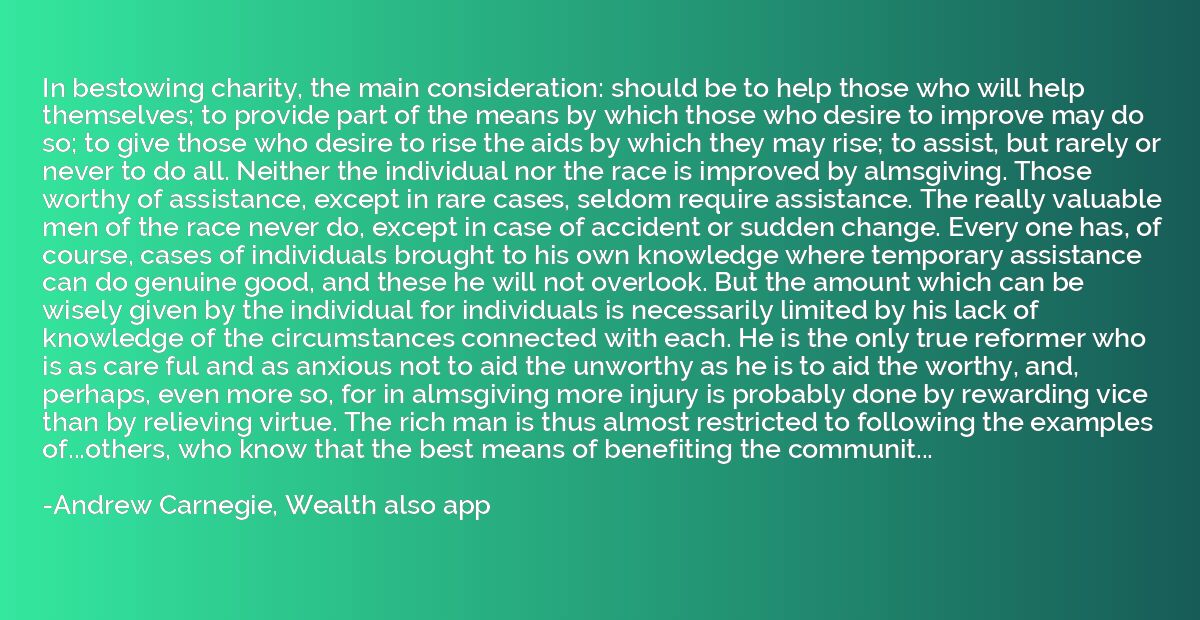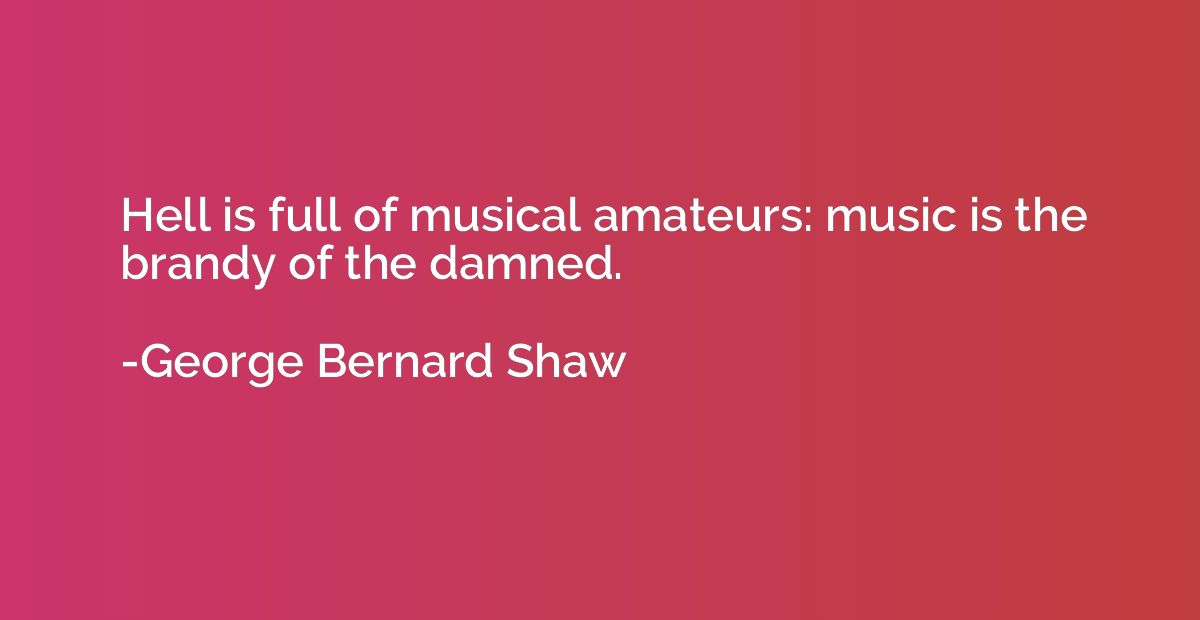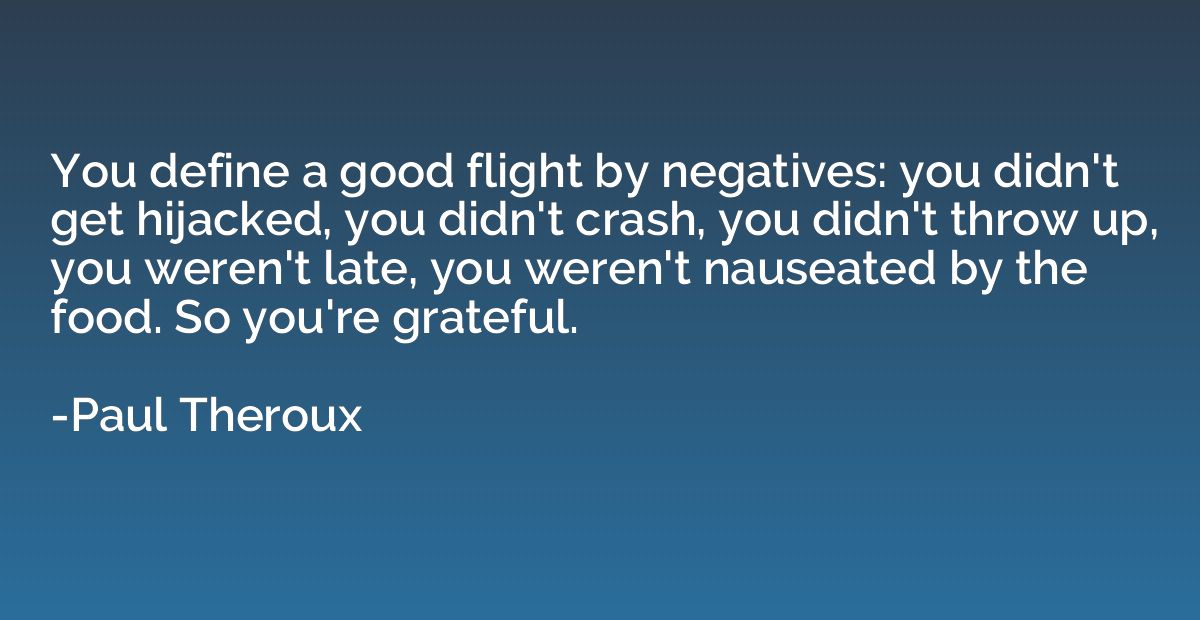Quote by Jean de la Bruyere
Criticism is often not a science; it is a craft, requiring more good health than wit, more hard work than talent, more habit than native genius. In the hands of a man who has read widely but lacks judgment, applied to certain subjects it can corrupt both its readers and the writer himself.
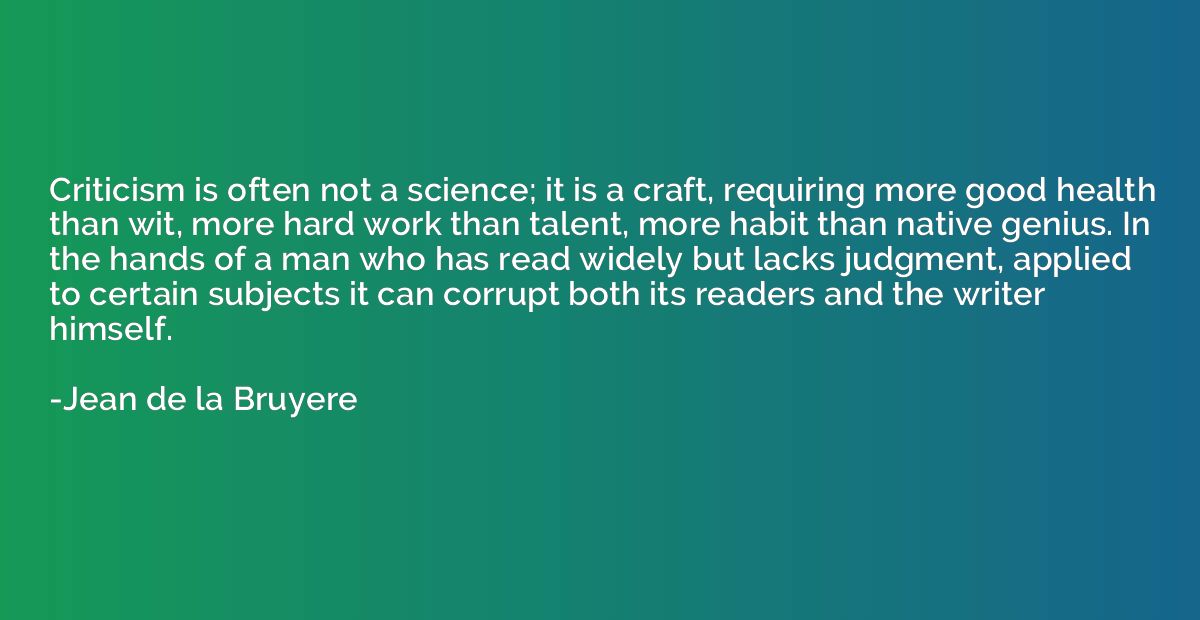
Summary
This quote suggests that criticism is more of a skill or craft rather than a scientific endeavor. It emphasizes that being a good critic requires good health, hard work, and habit, rather than solely depending on intelligence or talent. Furthermore, the quote highlights the significance of judgment in criticism, as lacking this quality can lead to negative consequences. The quote warns that when wielded by someone who lacks judgment, criticism can have a detrimental impact, influencing both the readers and the writer in a negative manner.




